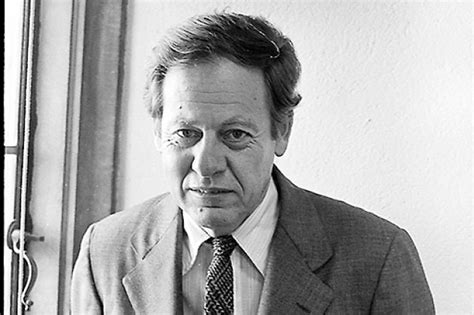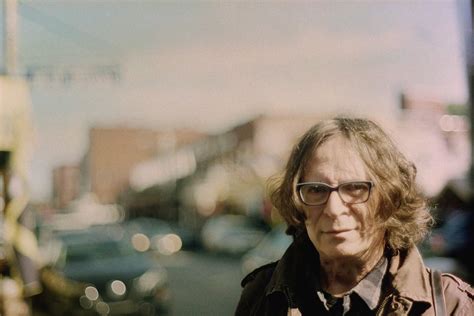A Quote by David Foster Wallace
Keep in mind that a language is both a map of the world and its own world, with its own shadowlands and crevasses - places where statements that seem to obey all the language's rules are nevertheless impossible to deal with.
Quote Topics
Related Quotes
Some feminist critics debate whether we take our meaning and sense of self from language and in that process become phallocentric ourselves, or if there is a use of language that is, or can be, feminine. Some, like myself, think that language is itself neither male nor female; it is creatively expansive enough to be of use to those who have the wit and art to wrest from it their own significance. Even the dread patriarchs have not found a way to 'own' language any more than they have found a way to 'own' earth (though many seem to believe that both are possible).
An American customer can book in English all over the world, but also, somebody from Japan or China can book in their own language everywhere. We translate all of our content into these languages, and that's quite unique. We service our direct customers - the innkeepers - as well in their own language.
One way to think about what psychedelics are is as catalysts for language development. They literally force the evolution of language. You cannot evolve faster than your language because the language defines the culture of meaning. So if there's a way to accelerate the evolution of language then this is real consciousness expansion and it's a permanent thing. The great legacies of the 60's are in attitudes and language. It boils down to doing your own thing, feeling the vibe, ego-trip, blowing your mind.
By a generative grammar I mean simply a system of rules that in some explicit and well-defined way assigns structural descriptions to sentences. Obviously, every speaker of a language has mastered and internalized a generative grammar that expresses his knowledge of his language. This is not to say that he is aware of the rules of the grammar or even that he can become aware of them, or that his statements about his intuitive knowledge of the language are necessarily accurate.
I'm not an escapist, but the value of language is that it can create places that did not exist before. And so language for me doesn't reflect the world, it extends the world, so that it becomes larger and more fantastic and less mired in this school shooting bullshit. It actually builds a future - that's how evolution occurs.
The narrators get into trouble and make fools of themselves with their perversely impulsive fondlings of the language. These people have retreated from the world, in which they keep falling short, and into language, where they fall even shorter. The narrators aggrandize their every plaint and lurid insight into verbal formations that betray their fatuity as speakers and even as hosts of their own bodies and souls.






































